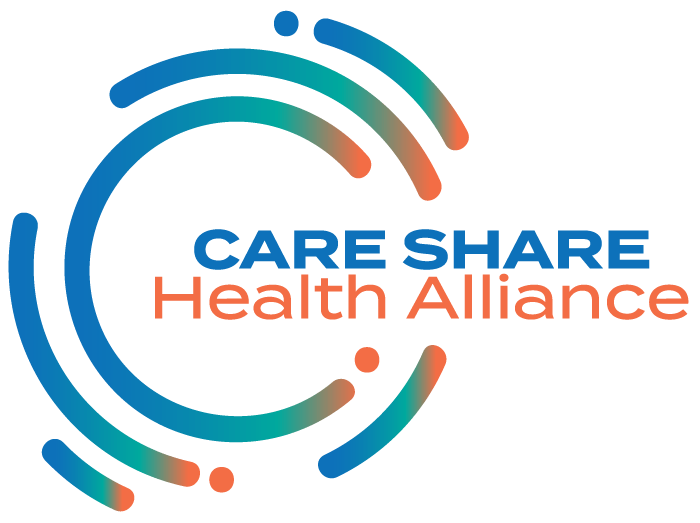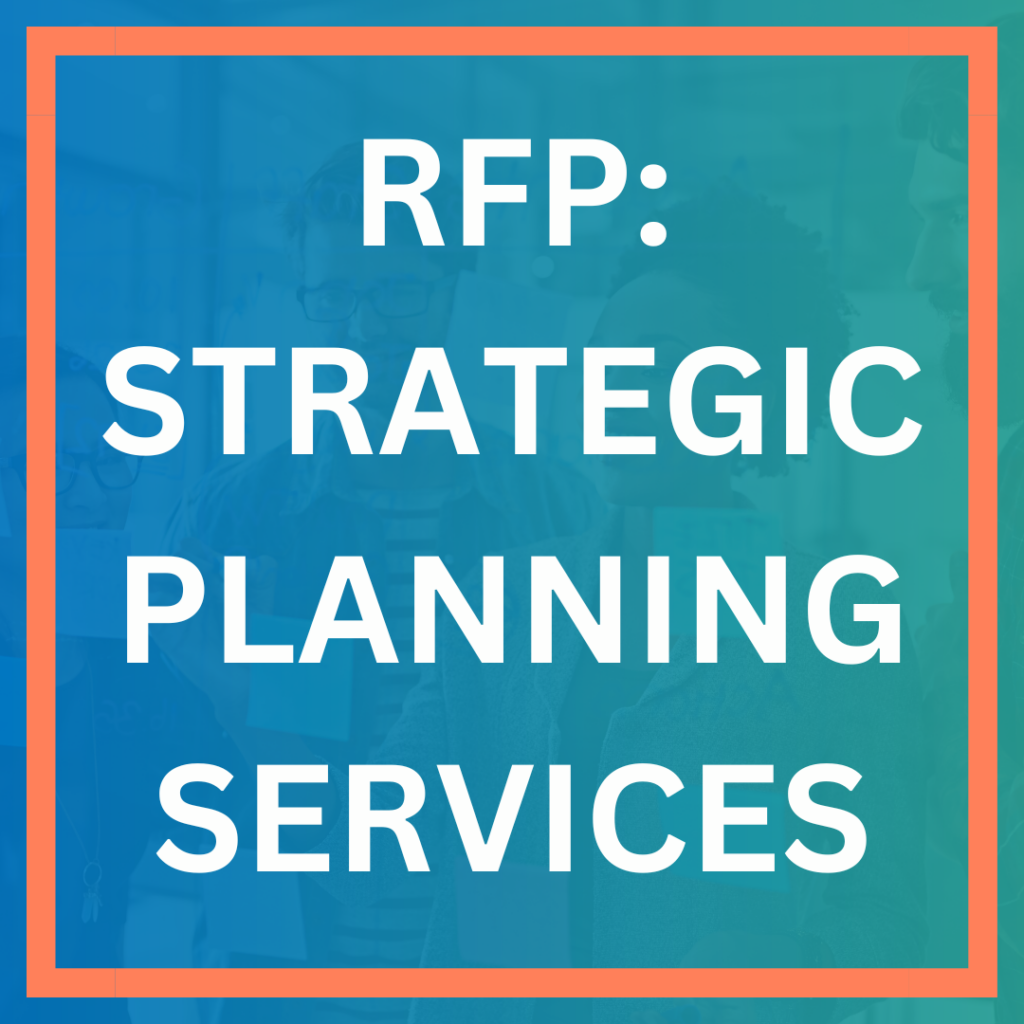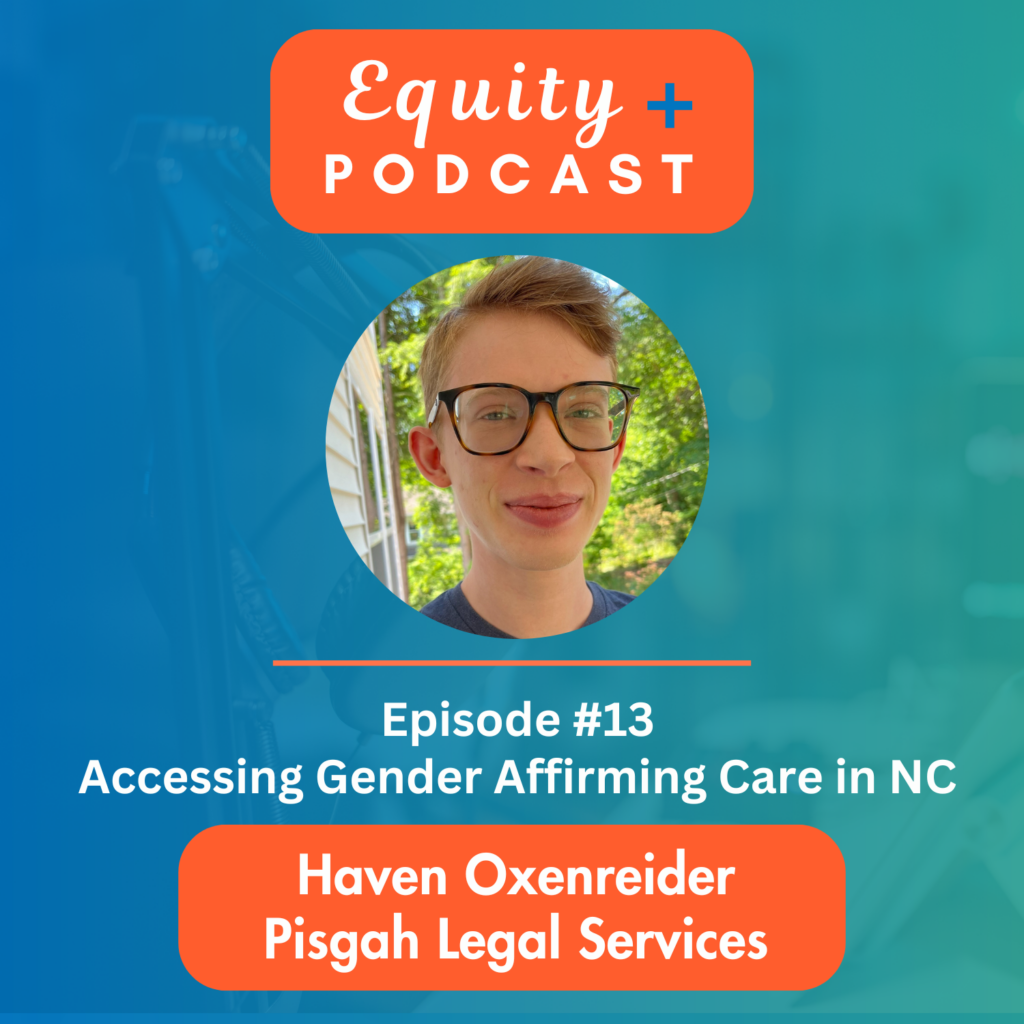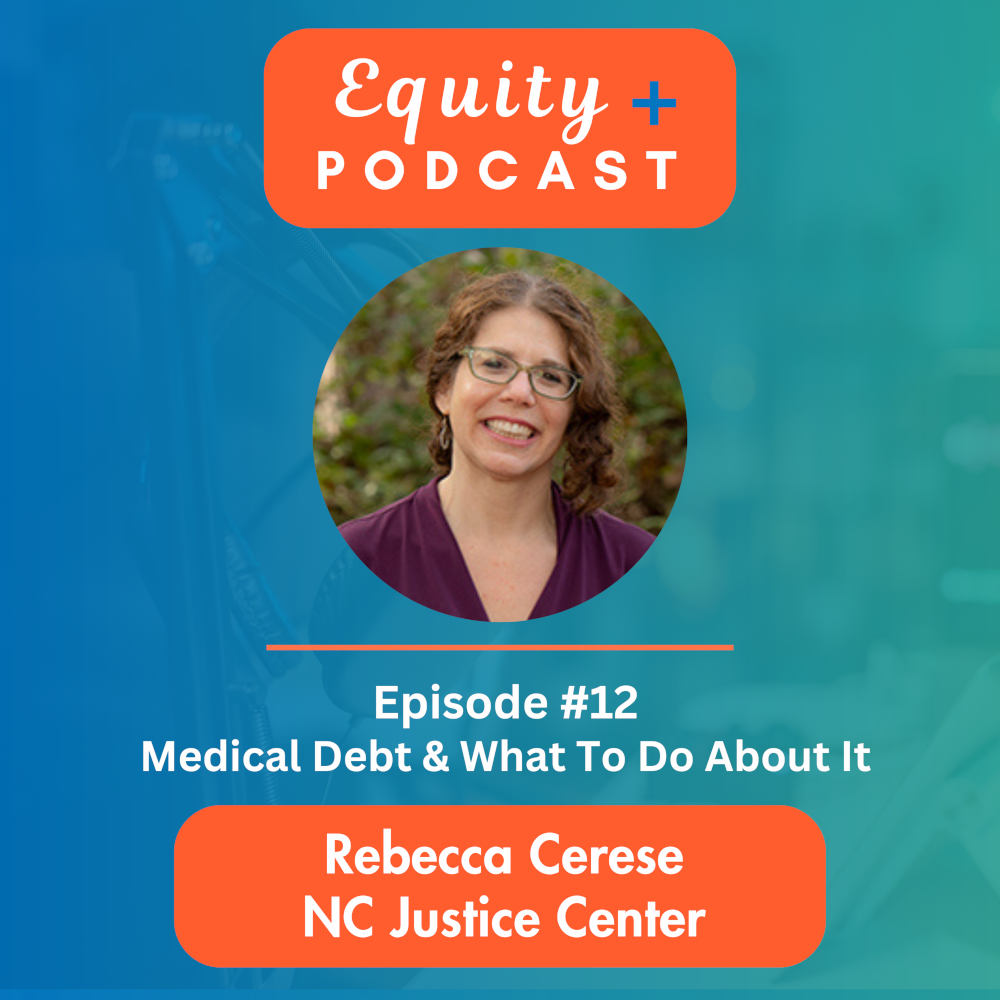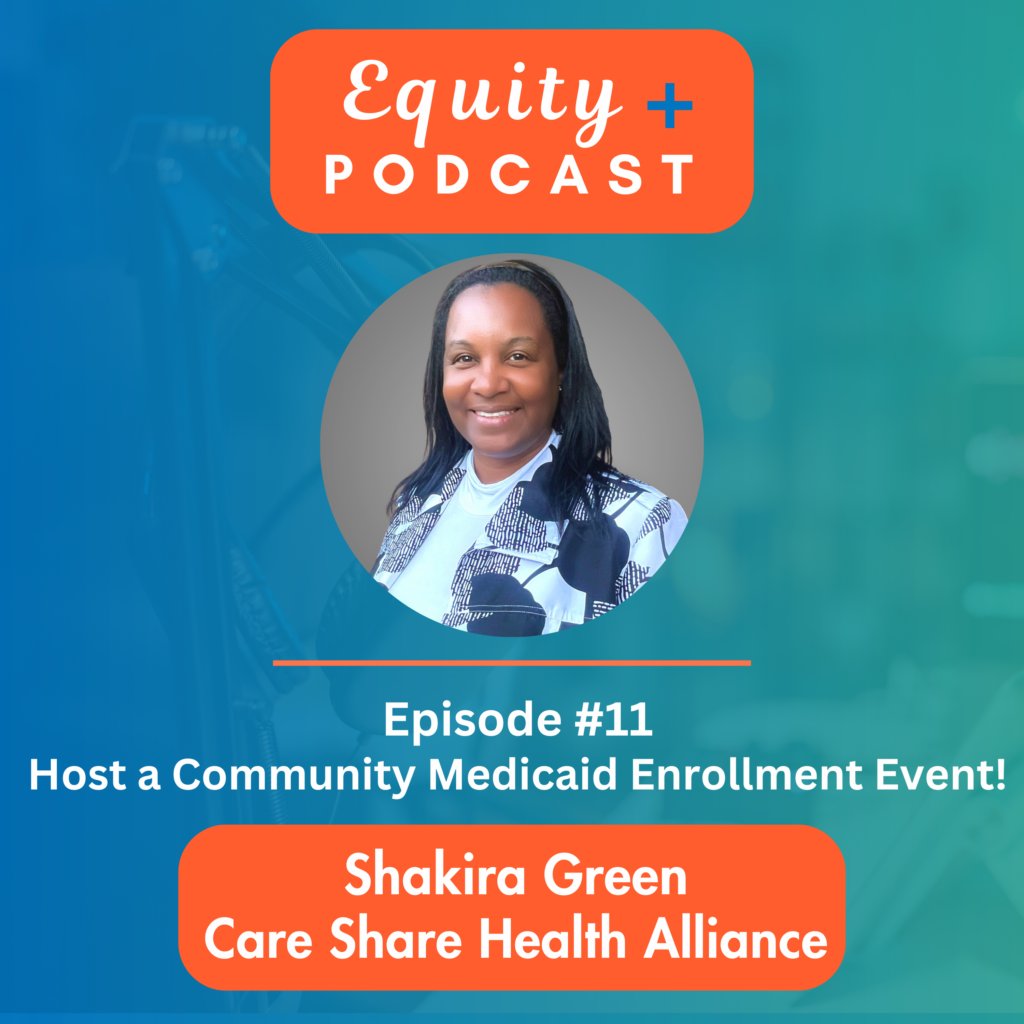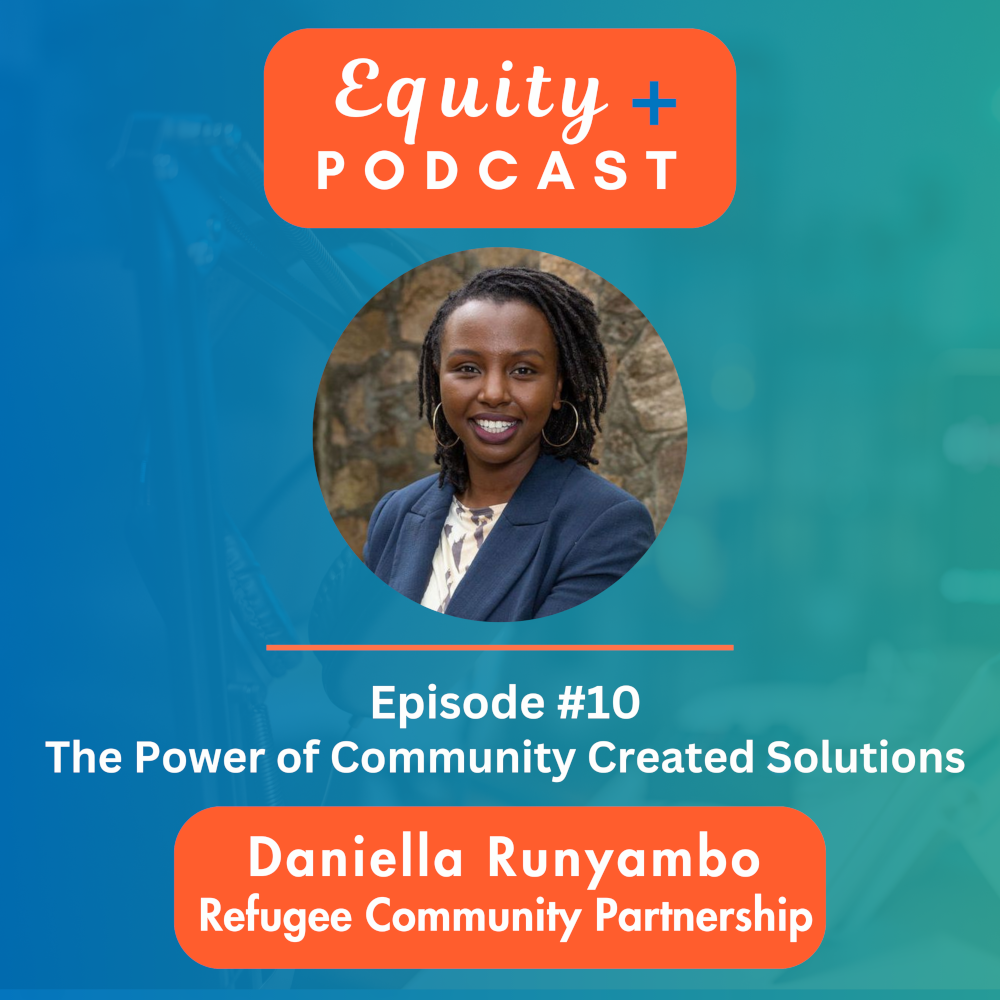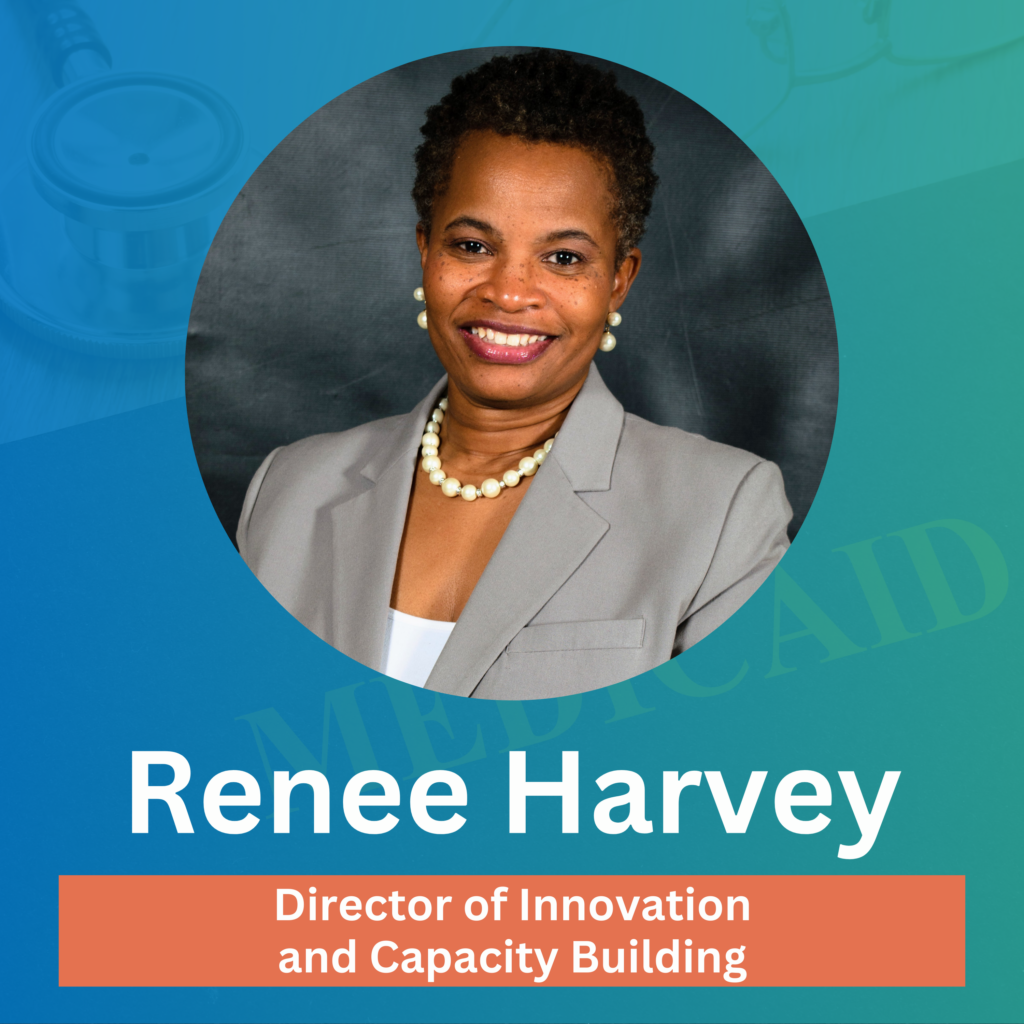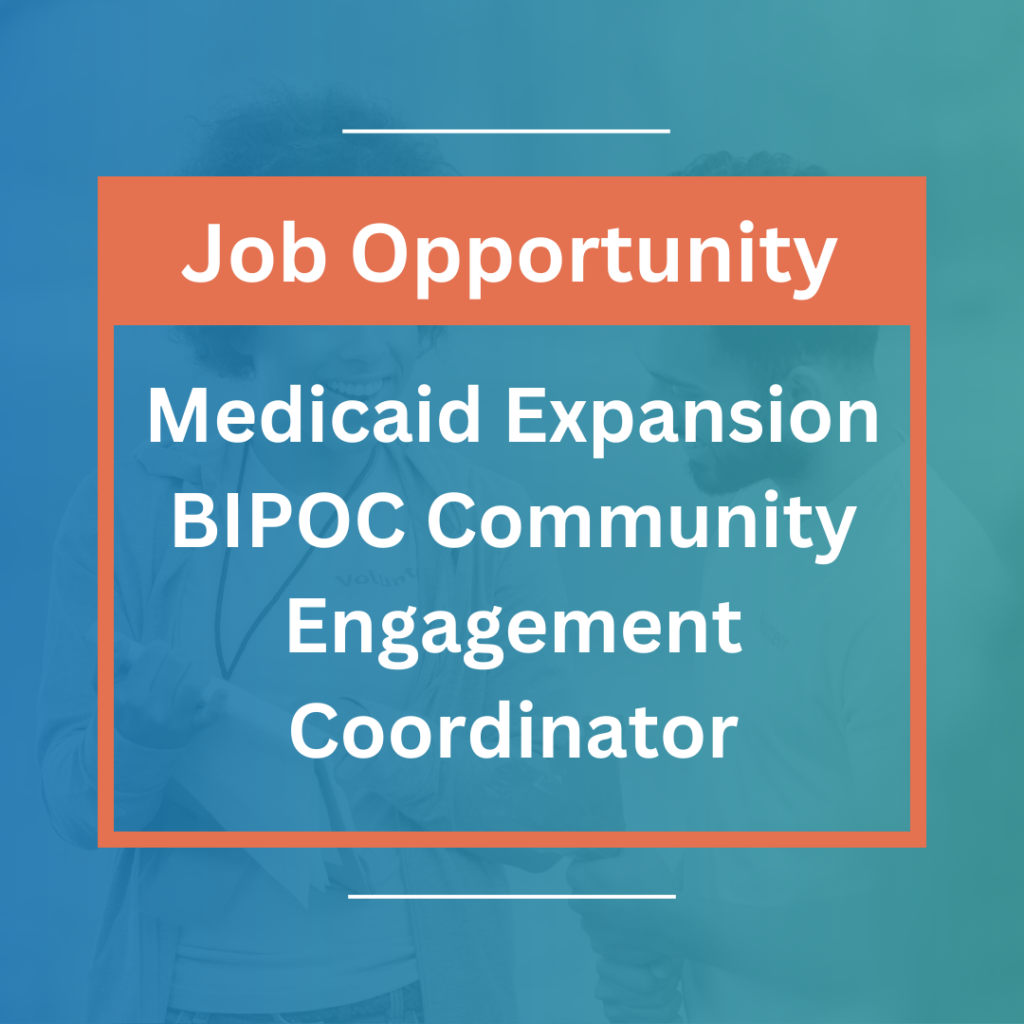In North Carolina, Care Share Health Alliance and Community Food Strategies are partnering to strengthen the relationships between Collaborative Networks and Food Councils to address food as a social determinant of health with the ultimate goal to improve the health and quality of life for North Carolinians.
State-Level Partners
Care Share’s mission is collaborating for health equity. The core work is to support Collaborative Networks across the state. Community Food Strategies works to empower local food councils and networks to create community-led collaboration and equitable policy change at the local, state, and national level. The ultimate vision is an equitable food system that is community driven and improves the quality of life for all.
Community-Level Partners
A Collaborative network is an entity comprised of multiple state or local partners who integrate medical, preventative, community, social, and economic resources to achieve collective outcomes through a coordinated system of care. The purpose of the networks is to bring healthcare resources to those who don’t have access to healthcare with the overall vision to improve the health of the underserved.
Food councils are community-based coalitions, often but not always organized by county, that help promote more resilient food systems. Councils build connections across stakeholders and collaborate to improve health, food access, natural resource protection, economic development, and production agriculture for all its community’s residents. Using this cross-sector approach, food councils solve broad food system issues and give communities more control over the food they consume.
There are 19 collaborative networks serving 45 counties and over 30 food councils across NC. The map below illustrates where collaborative networks and food councils exist. There are many opportunities for collaborative networks and food councils to support each other especially in the counties where both are existing.
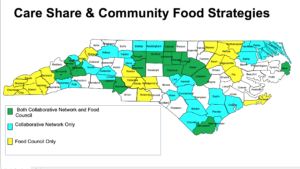
Understanding Food as a Component of Health
Food is an essential component of health for all people. Nutrition and unhealthy diet are risk factors for several chronic diseases including heart disease, hypertension, and diabetes. In North Carolina diseases of the heart are the second leading cause of death and diabetes is the 7th. Almost 829,000 adults report having been diagnosed with diabetes by a health care professional (NC State Center for Health Statistics, 2015).
Food insecurity is a major public health problem that impacts many people in our country and state. Food insecurity is not having access or affordability to food on a regular basis. Frequently used words to describe food insecurity include hunger, malnutrition, and food deserts. According to the 2016 fact sheet Hunger in the Tarheel State, North Carolina has the 8th highest rate of food insecurity in the nation. 81% of people receiving food assistance don’t know where their next meal is coming from. 73% of people receiving food assistance have had to choose between paying for food or health care or medicine (Hunger in North Carolina). There are many opportunities to create a better food system to improve the health and quality of life for people in North Carolina.
Opportunities for Partnerships to Improve Health between Collaborative Networks and Food Councils
Encourage partnerships to address food security.
- Co-location of services: Partner to provide health screenings, healthcare referral, and resources for food insecurity in the same location.
- Coordinated referral system: Develop a system of referral between food security organizations in your community and the collaborative network.
- Food database or Resource guide: Develop a database or resource guide of food security resources to increase visibility, connectivity, and access.
- Encouragement of Client Choice at food security organizations: Allow clients to select their own food which can have greater effects on health eating decisions, allow for a greater sense of dignity, and prevent food waste.
- Food security medical intake questions: Develop accurate data on food security needs locally and across the state.
Encourage education to prevent and control chronic diseases.
- Nutrition and healthy eating classes: Encourages healthy eating for prevention and control of chronic diseases
- Chronic Disease Self-Management Classes: Encourages healthy eating to control chronic diseases.
Encourage access to local, fresh foods.
- Encouragement of community gardens: Improves access to and consumption of fruits and vegetables.
- Encouragement of farmers markets or mobile food markets: Increases fresh produce in food desert and can increase fresh fruit and vegetable consumption.
- Electronic Benefit Transfer payment at Farmers Market: Provides opportunity for low income shoppers to access fresh local food.
- A fresh food prescription program/voucher program: Health care providers prescribe a healthy, balanced eating plan for patients with a voucher to be redeemed at a local market.
Encourage policy initiatives to make healthy foods an easy choice.
This is a (non-exhaustive) list of policies that support food and health.
- Adopt-a-Lot Community Garden
- Competitive Pricing
- EBT at Farmers Markets
- Healthy foods at Corner Stores
- Unhealthy Snack Taxes
- Sugar-sweetened beverages taxes
- Zoning regulations to allow residents to keep chickens, small livestock, pigs, bees within city limits.
- Zoning regulations for fast food
- Zoning regulation to bring grocery stores or supermarkets to underserved neighborhoods
To learn about local examples, contact Megan Bolejack at mbolejack@caresharehealth.org. To learn more about Care Share Health Alliance and Collaborative Networks visit www.caresharehealth.org. To learn about Community Food Strategies and Local Food Councils visit www.communityfoodstrategies.com
